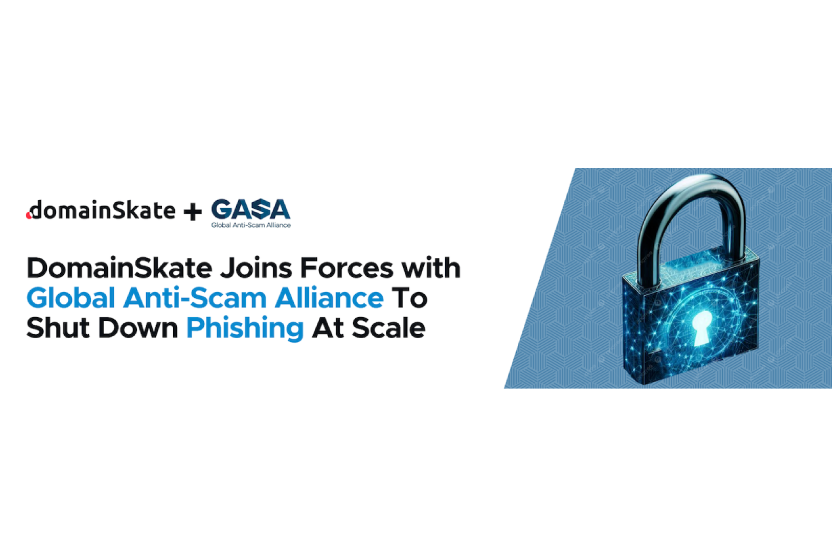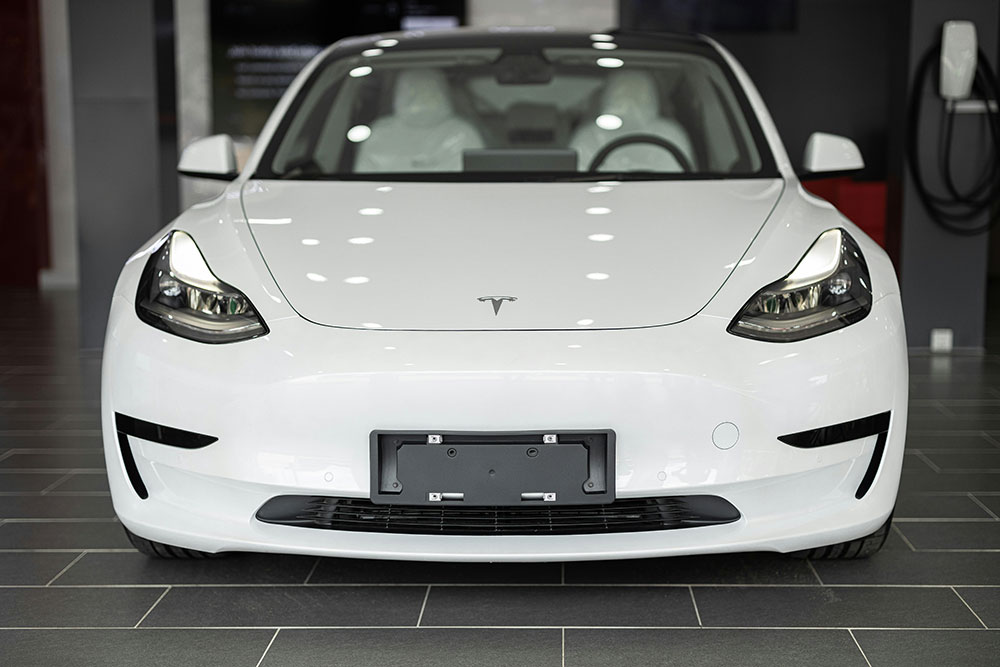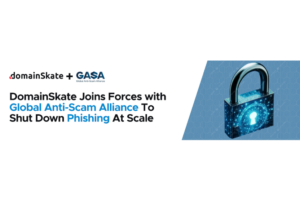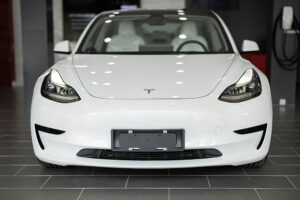A National Arbitration Forum panel recently denied a claim made by Tesla, Inc. to transfer the rights to the domain TESLAUNCH.COM. The panel denied the claim even though the Respondent did not file a response to the complaint, and had links on the domain’s home page that referenced a variety of cars sold by Tesla, Inc. and accessories that can be bought and used with a Tesla, Inc. vehicle.
The decision is noteworthy because the panel found that even though the domain itself may infringe the trademark rights of Tesla, Inc., as the rightful trademark owner, it was not for the panel to decide the trademark issue, stating:
“[b]ased on the above analysis, the Panel finds that Complainant has not made a prima facie case that Respondent lacks rights or legitimate interests in the <teslaunch.net> domain name. Although Respondent has not submitted a Response in this case, the evidence of record indicates a likelihood that Respondent is making a bona fide offering of goods and is engaged in a nominatively fair use of the TESLA mark. Furthermore, the current facts and evidence present a case that is beyond the scope of the Policy as it involves questions of whether the disputed domain name infringes Complainant’s trademark.” (emphasis added)
It also found that there was no evidence of use of the domain in bad faith, a decision that it largely based on Tesla, Inc.’s own evidence submissions, stating:
“[…] Complainant submits screenshots of negative online reviews of Respondent’s site and claims that “consumers are likely to misattribute these negative reviews to Complainant to Complainant’s detriment.” […] Rather than demonstrating that “Respondent holds itself out as Complainant”, this evidence indicates that customers understand that Respondent is not Complainant but is a separate entity selling accessories for use with Complainant’s vehicles. “(emphasis added)
The decision is instructive for trademark owners because the UDRP is not always the proper vehicle for deciding domain disputes. Further, even though the panel acknowledged that the domain name is probably a blatant infringement of the trademark rights of Tesla, Inc., that did not save the complaint because it did not, in and of itself, show bad faith or that the Registrant did not have legitimate rights in the domain. In most cases, panels will equate “trademark infringement” and bad faith (even if they don’t say so directly), but the panel saw an exception here where the Registrant was holding itself out as a separate entity from Tesla, Inc. – even if an infringing one.





